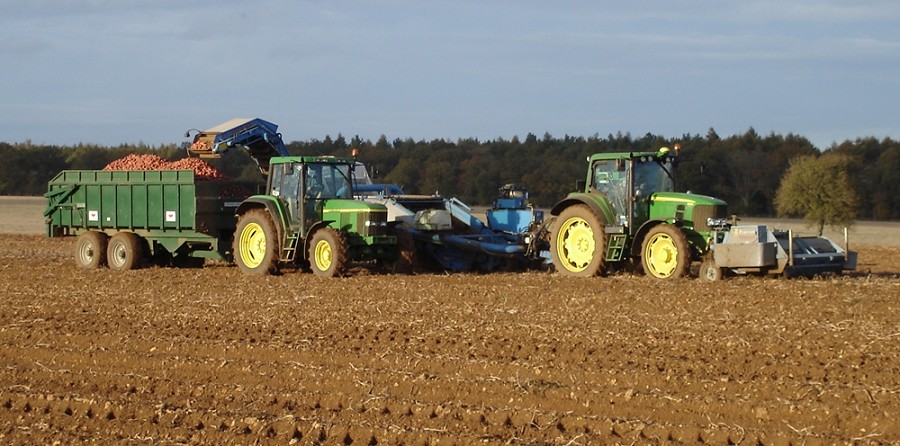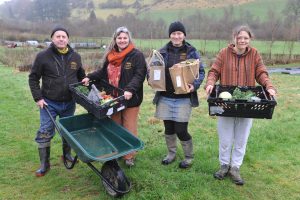A POTATO modified to resist the devastating disease ‘late blight’ has proven a brilliant success, says BBSRC-funded scientists based at Norwich Research Park.
The team, led by Professor Jonathan Jones and part of BBSRC’s Horticulture and Potato Initiative (HAPI), have introduced a blight-resistant gene from a wild potato to its close relative, the popular Maris Piper.
Blight is a globally serious problem. It was a significant contributor to the Irish Potato Famine in the 1840s and, in the 20th century, became the subject of biological weapons research owing to its ability to utterly decimate crops.
“The first year of the Maris Piper field trial has worked brilliantly,” said Professor Jones. “We’ve observed resistance to late blight in all the lines.”
Crop losses due to late blight are still significant, and with an increasing global population with complex nutritional needs, greater steps are needed to be taken in order to improve agricultural sustainability and food security.
“We have the technology to solve the problems that affect many people’s livelihoods,” said Professor Jones. “Crop diseases reduce yields and require application of agri-chemicals, and this field trial shows that a more sustainable agriculture is possible.”
This new blight-resistant gene introduced to the Maris Piper offers the promise of furthering its crop strength, and even the possibility of avoiding the use of chemical fungicides in its cultivation altogether.
First introduced in 1966, the Maris Piper was the result of a potato breeding programme based in Cambridge. The key benefit of this ‘new’ potato was its resistance to potato cyst nematodes. Now fairly common in UK supermarkets, the Maris Piper is considered a good ‘all-rounder’, and is particularly popular for making chips and crisps.
Field trials at Norwich are continuing, and next year the team will begin to explore the genetic traits that can improve tuber quality. The team hope to produce a crop that is less prone to bruise damaging – a problem that currently causes losses of around £200 per hectare – and help improve the quality and sustainability of the UK’s potato crop.
















Add Comment